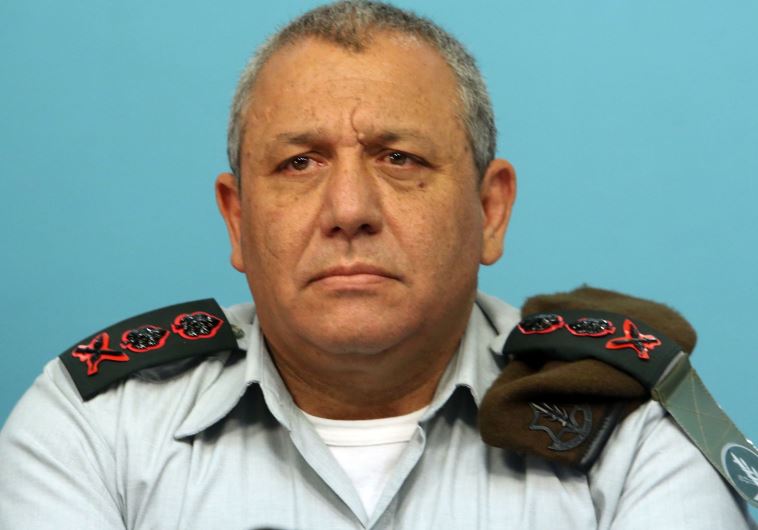IDF chief: Iran's strike on ISIS not as impressive as they claimed
Eisenkot rejects politicized criticism of IDF regarding new Palestinian housing.
 IDF chief of staff Lt.-Gen. Gadi Eisenkot (photo credit: MARC ISRAEL SELLEM/THE JERUSALEM POST)Updated:
IDF chief of staff Lt.-Gen. Gadi Eisenkot (photo credit: MARC ISRAEL SELLEM/THE JERUSALEM POST)Updated: